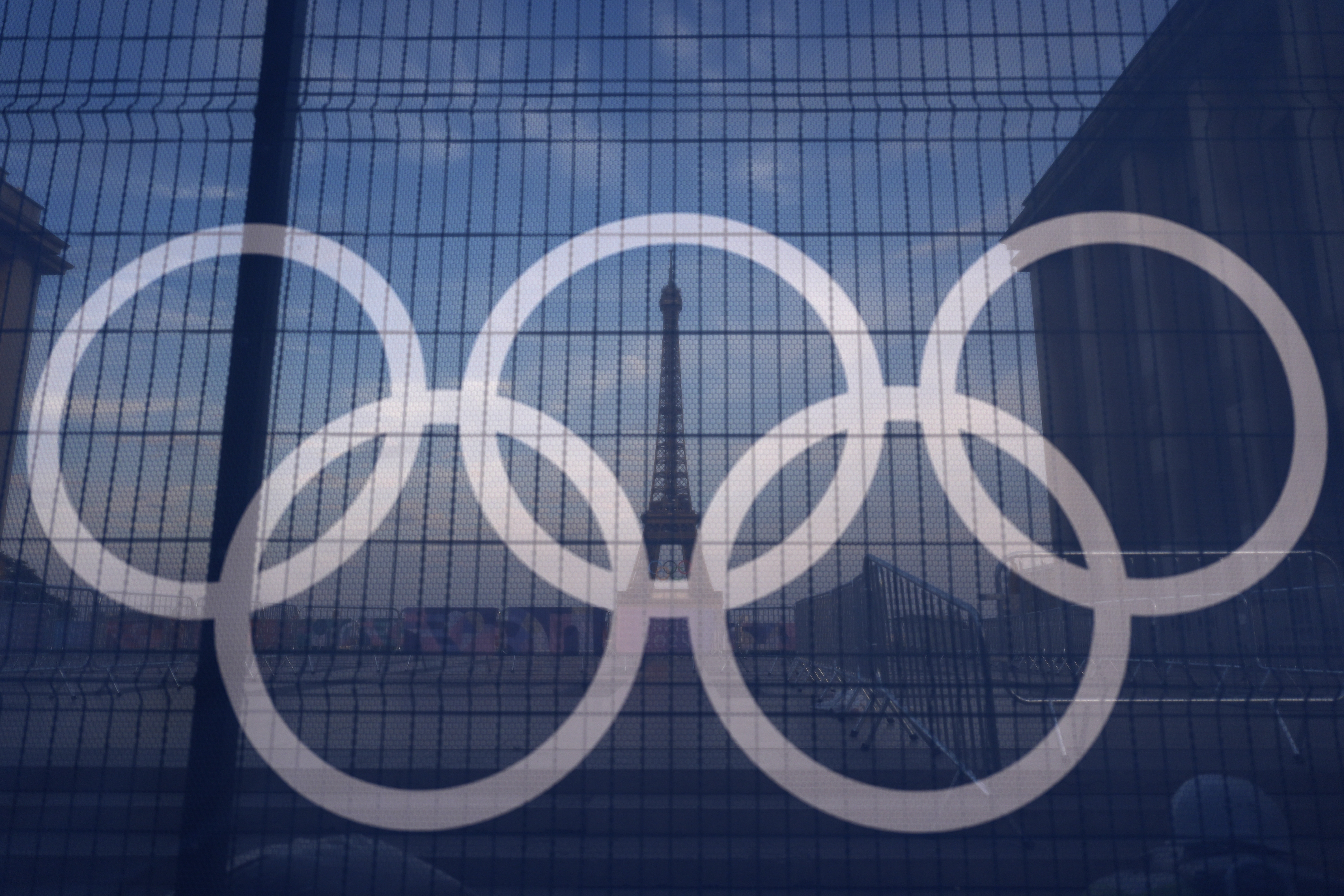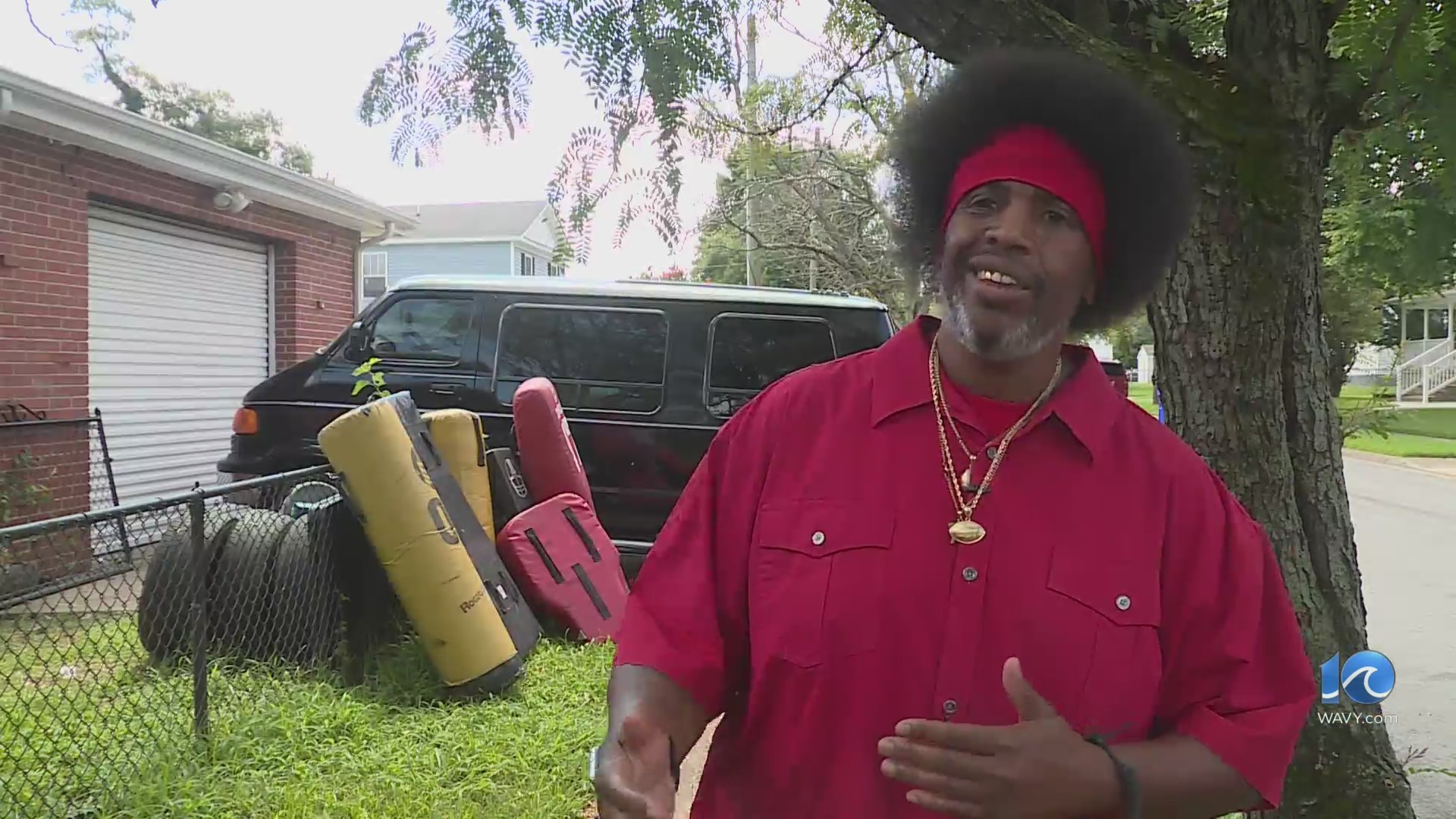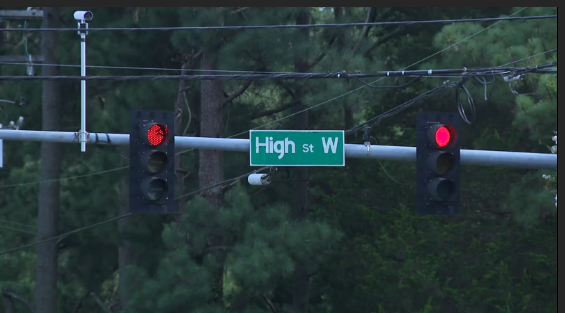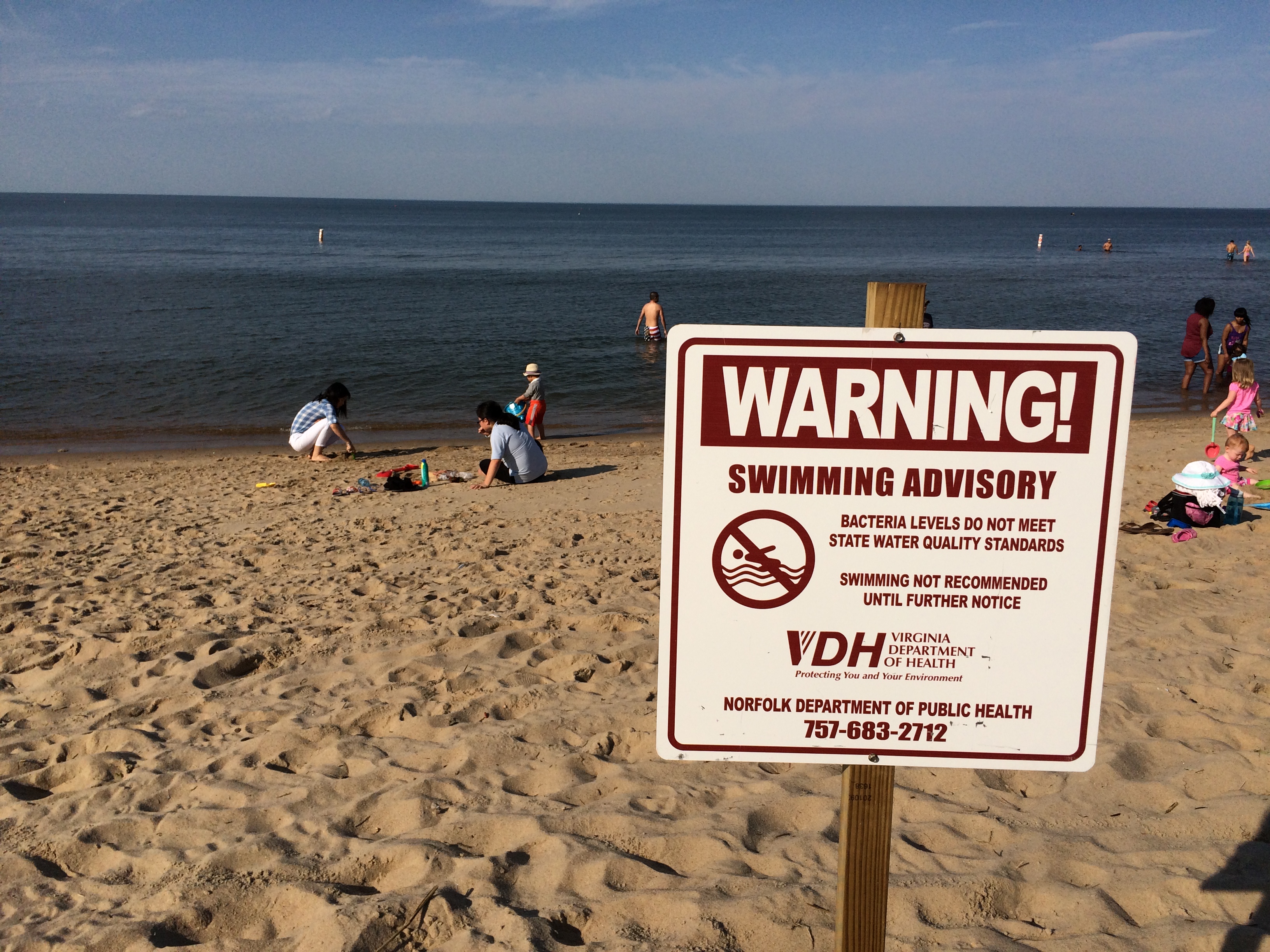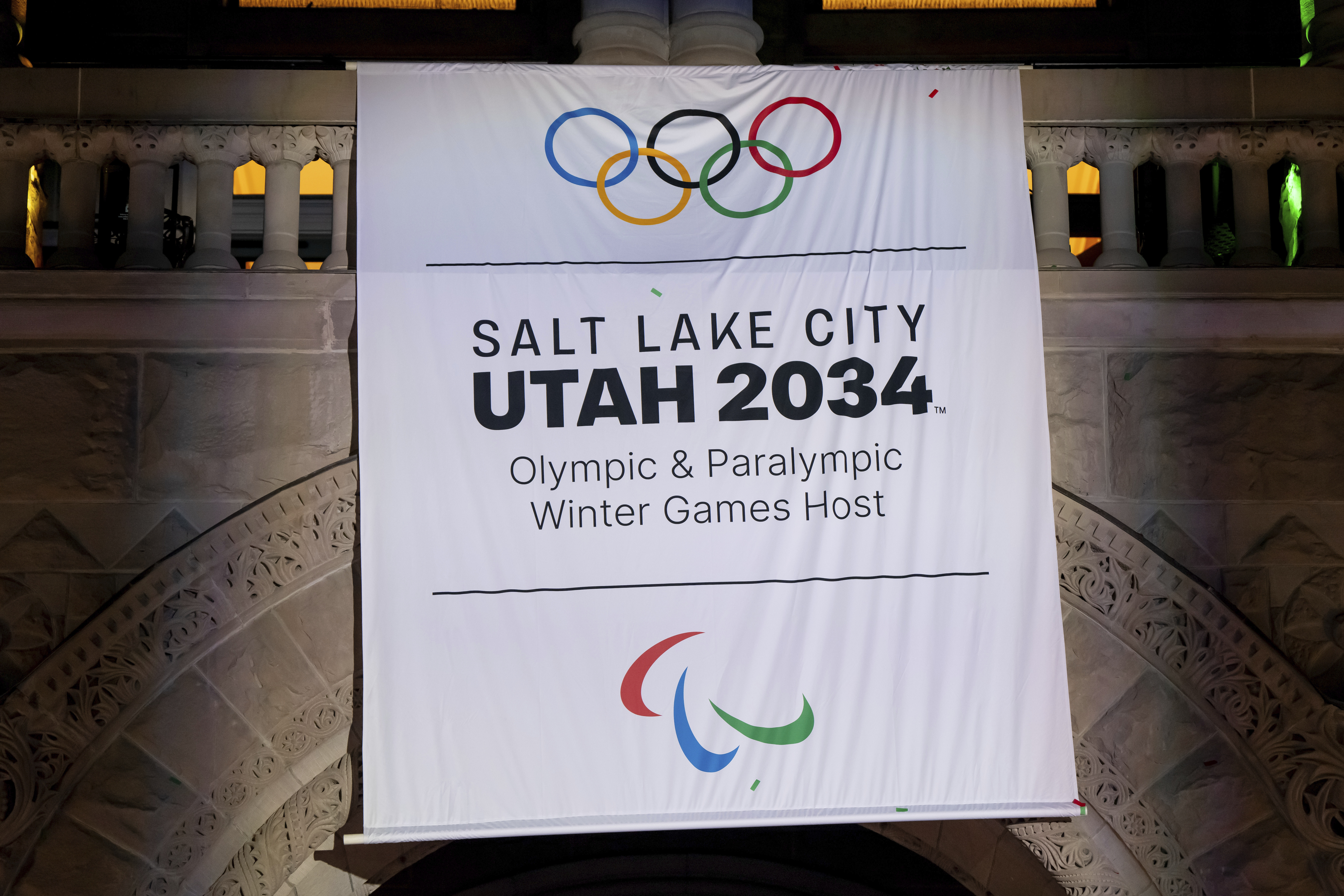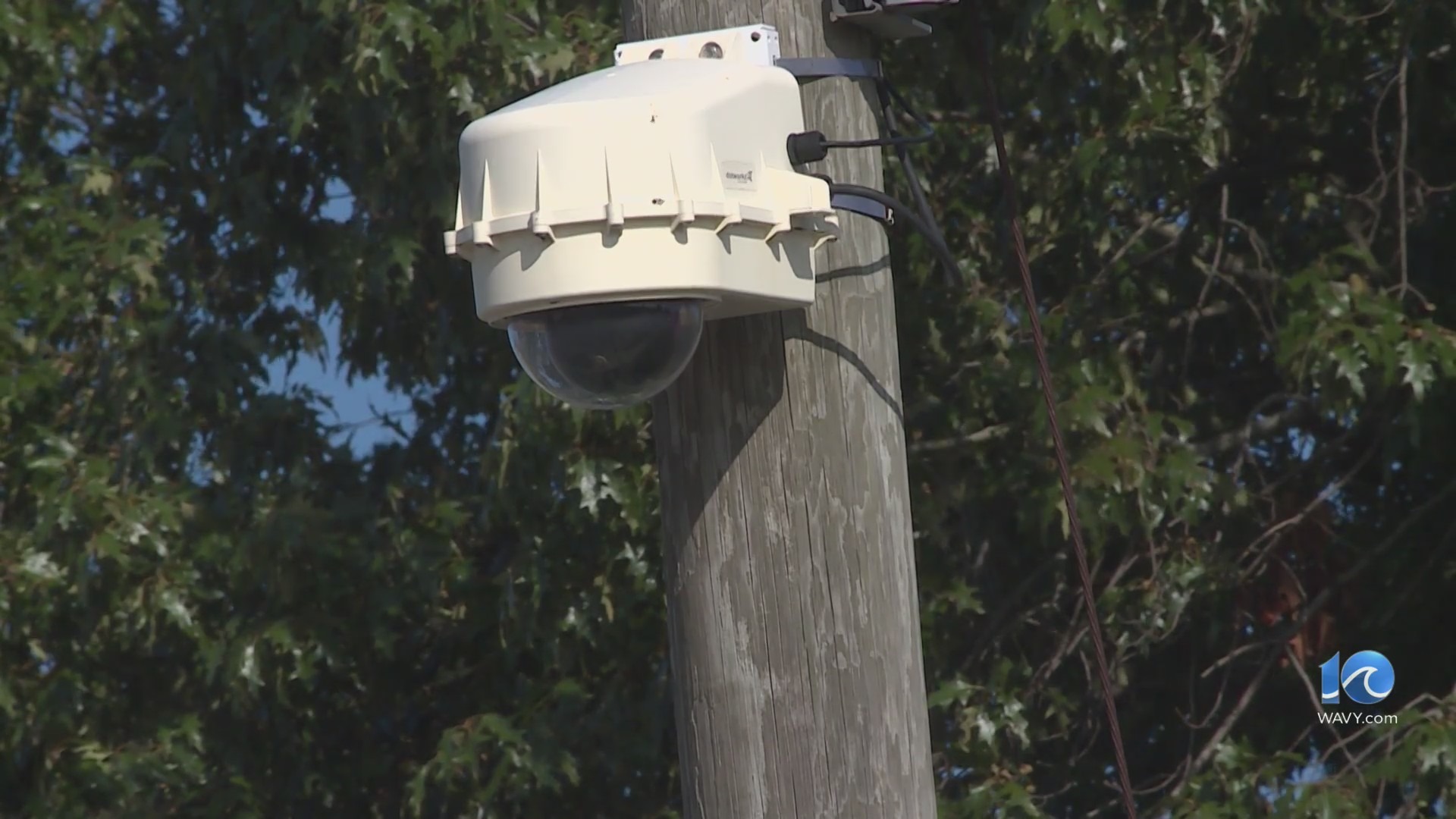JERUSALEM (AP) — From the dais of the U.N. General Assembly just a year ago, Israeli Prime Minister Benjamin Netanyahu triumphantly hailed a new peace he said would sweep through the Middle East. A year later, as he travels back to that same world stage, that vision is in tatters.
The devastating war in Gaza is about to hit the one-year mark. Israel is on the cusp of a wider regional war with the Iran-backed Lebanese group Hezbollah. And the country finds itself increasingly isolated internationally and led by a polarizing leader whose handling of the conflict has sparked protests both in global capitals and on the streets of his own country.
And it’s not just the mushrooming regional conflicts weighing Israel down. Netanyahu will head to New York burdened also by what could be an imminent warrant for his arrest by the International Criminal Court, what would put him in a fellowship of sorts with Russian President Vladimir Putin and former Sudanese leader Omar al-Bashir.
“He arrives almost at a point of being persona non grata,” said Alon Liel, a former director-general of Israel’s Foreign Ministry and outspoken critic of Netanyahu.
He’s known for his UN speeches, but will this year be different?
Netanyahu is set to address the General Assembly on Friday. A gifted orator, he has long viewed speeches from such venerated perches as the optimal way to deliver a message and score political points with Israelis enthralled by his flawless English and fiery delivery. In July, he championed Israel’s case for the war in Gaza in front of a joint session of the U.S. Congress, where he received multiple ovations and plaudits even from some critics back home.
“In his view, any such trips to New York, to the grand stage of world affairs, he considers an advantage,” said Yossi Shain, a professor of international relations at Georgetown and Tel Aviv University. He said Netanyahu’s speeches abroad were often meant to impress audiences at home, and this one was no different.
Netanyahu is known for his showmanship at the United Nations and has repeatedly used the pulpit to try make a case for his ideology and policies. At a speech in 2012, Netanyahu famously brandished a placard with a cartoon bomb to illustrate what he said was Iran’s race toward a nuclear weapon. In 2009, he showed up with a copy of the plans for the Nazi death camp Auschwitz-Birkenau, using it to highlight what he said was the former Iranian leader’s “antisemitic rants.”
Last year, his focus was on what appeared to be a burgeoning normalization with Saudi Arabia that he said showed how a broader Middle East peace was not contingent on resolving the conflict with the Palestinians. He held up his prop, a map of the region, and used the word “peace” 42 times. The map appeared to show Gaza and the West Bank — territories claimed by the Palestinians for a future state — as being encompassed by Israel.
But Netanyahu arrives at the United Nations this week at a time when his own diplomatic capital and legitimacy, as well as that of the country he represents, are at a low. Critics say that aside from a moment in the spotlight, it’s not clear what Netanyahu will achieve with the visit.
“He is a great believer in speechmaking,” said Tal Schneider, an Israeli political commentator. “He thinks that if he delivers a speech in English, he can convince people in the justness of his ways,” she said, adding that that demonstrated he was “disconnected from reality.”
Netanyahu’s office did not immediately respond to a request for comment. Miki Zohar, a Cabinet minister who is close to Netanyahu, said the U.N. was a “very important stage” to lay out Israel’s position and he hoped the speech would bolster international support.
Some may not want to hear what he has to say
At the U.N., Netanyahu will seek to persuade a world growing increasingly exasperated by Israel’s war in Gaza that its aims are righteous. He may try to galvanize the world behind an Israeli war against Hezbollah. And he is likely to lay blame for the region’s chaos on Iran, a repeated focus of his speeches at home and abroad. That he is making the trip at all, at a time of escalating violence with Hezbollah, points to how much significance he places on the speech.
But Netanyahu’s words may fall on deaf ears.
The Israeli leader “actually believes that his U.N. speeches have transformative effects on history. They do not,” said Alon Pinkas, a former Israeli consul general in New York. Netanyahu’s visit, Pinkas added, comes as Israel is now globally perceived as being “on the precipice of a condemned pariah state” with its leader seen as a “rogue war-monger.”
Protests are expected during his visit. New York is home to Columbia University, site of some of the most intense campus demonstrations of recent years this spring — by students objecting to the bloodshed in Gaza.
Netanyahu, Israel’s longest-serving leader, has been a divisive figure internationally for years, with his hard-line approach to the Palestinians in particular frustrating world leaders. But his handling of the war in Gaza has further stained his global perception.
The war was set off by Hamas’ Oct. 7 attack, which killed 1,200 people, mostly civilians, and saw 250 people dragged as hostages into Gaza. Many Israelis blame Netanyahu and his policies for allowing Hamas to develop the military capacity for being able to burst through Israel’s vaunted defenses and stage the attack.
The war has killed more than 41,000 Palestinians, according to health officials in Gaza, and has often wiped out multiple members of the same family. It has displaced most of the tiny territory’s 2.3 million population, in many cases several times, and set off a humanitarian crisis that has caused widespread hunger and lack of access to basic services. U.S.-led cease-fire efforts have stalled, and at home, Netanyahu has come under criticism for his failure to bring home the roughly 70 hostages still presumed to be alive and the bodies of some 30 others.
In the aftermath of Hamas’ unprecedented attack, Israel initially had the backing of its allies to punish the militant group. But the fierceness of the retaliatory assault and the staggering toll it has taken on civilians have soured the international mood against Israel. Over time, the Biden administration has grown increasingly impatient and has slowed some weapons deliveries. Britain said earlier this month it was suspending some arms exports to Israel over the risk that their use could violate international law.
The request by the chief prosecutor of the International Criminal Court for an arrest warrant against Netanyahu will also loom large over the visit and could cast a leader who views himself as an international statesman as a global pariah instead. Liel guessed that very few heads of state will agree to meet him on the sidelines of the assembly and that the visit could turn out to be a bust for Netanyahu.
“There is no doubt that he knows how to deliver a speech,” Liel said, adding: “I think the world buys his chatter less and less.”
___
See more of AP’s coverage of the U.N. General Assembly at https://apnews.com/hub/united-nations
















































